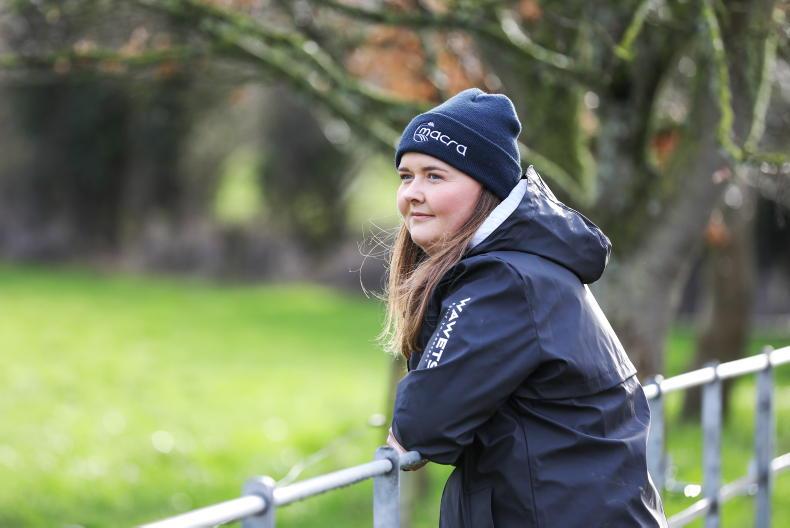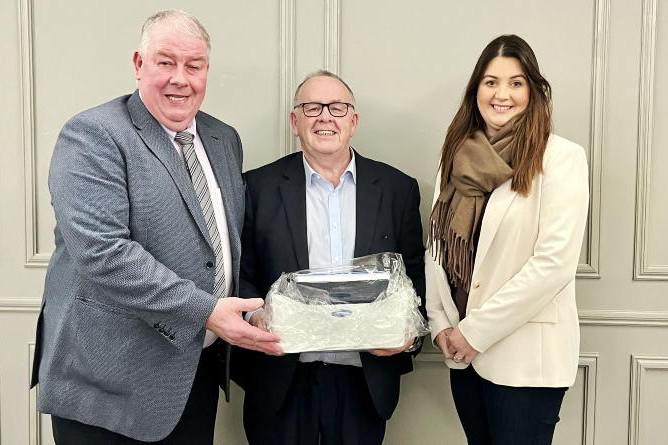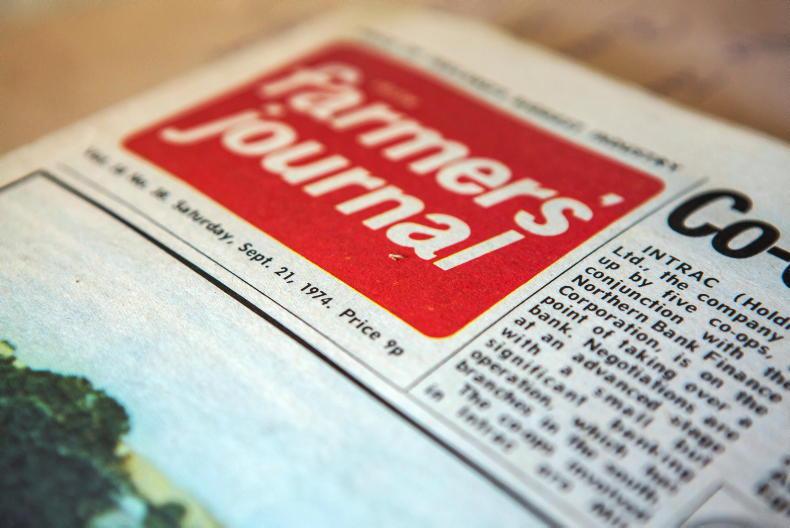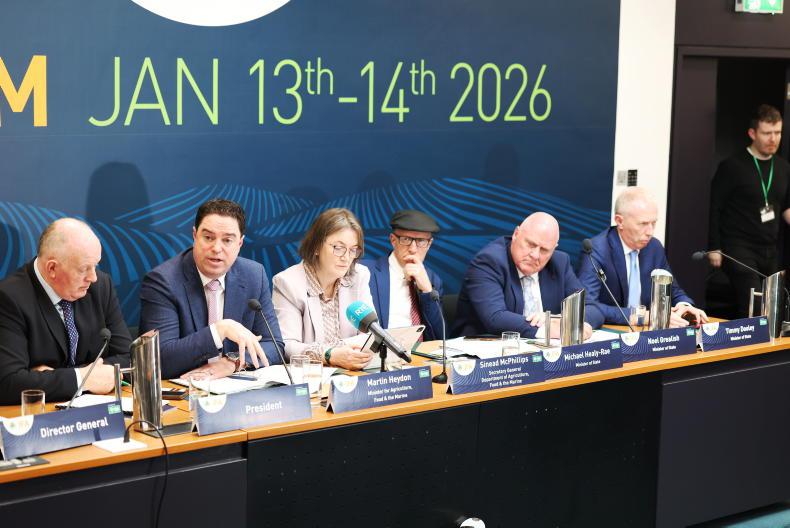Macra has called for a “nuanced” approach for the implementation of the EU’s nature restoration law.
New president of the young farmer organisation Elaine Houlihan insisted that there must be “continual dialogue” in relation to rewetting plans, so that “a solution can be arrived at that does not threaten the viability of Ireland’s family farms”.
She said Macra members are greatly concerned with the level of debate around the EU nature restoration law, which proposes to restore at least 20% of the EU's land and sea areas by 2030 and repair all ecosystems in need of restoration by 2050.
“The implementation of a one-size-fits-all solution across the EU gives cause for concern - a more nuanced approach is required to implement this law,” she added.
Impact on food production
Houlihan explained that taking 20% of Ireland’s land mass from production will greatly decrease the country’s ability to produce food.
She highlighted that Ireland currently feeds about 40m people each year and World Health Organisation (WHO) figures show that 820m people go without sufficient food.

Macra has called for continuous dialogue on rewetting proposals. \ Donal O' Leary
For this reason, she said that reducing Ireland’s food production capacity seems “counterproductive”.
State land
Noting comments made by Minister for Agriculture Charlie McConalogue on Sunday that Ireland would have “capacity” to use State-owned land to deliver its 2030, 2040 and 2050 rewetting targets, Houlihan urged caution.
“The concern is that privately owned land will be used to reach the targets as the targets go beyond state capacity.
"If this is implemented as currently proposed, we have very serious concerns that this will negatively impact the viability of our family farms,” she added.
Read more
Opinion: we need to see what rewetting looks like
Rewetting targets can be met from State-owned lands - McConalogue
Macra has called for a “nuanced” approach for the implementation of the EU’s nature restoration law.
New president of the young farmer organisation Elaine Houlihan insisted that there must be “continual dialogue” in relation to rewetting plans, so that “a solution can be arrived at that does not threaten the viability of Ireland’s family farms”.
She said Macra members are greatly concerned with the level of debate around the EU nature restoration law, which proposes to restore at least 20% of the EU's land and sea areas by 2030 and repair all ecosystems in need of restoration by 2050.
“The implementation of a one-size-fits-all solution across the EU gives cause for concern - a more nuanced approach is required to implement this law,” she added.
Impact on food production
Houlihan explained that taking 20% of Ireland’s land mass from production will greatly decrease the country’s ability to produce food.
She highlighted that Ireland currently feeds about 40m people each year and World Health Organisation (WHO) figures show that 820m people go without sufficient food.

Macra has called for continuous dialogue on rewetting proposals. \ Donal O' Leary
For this reason, she said that reducing Ireland’s food production capacity seems “counterproductive”.
State land
Noting comments made by Minister for Agriculture Charlie McConalogue on Sunday that Ireland would have “capacity” to use State-owned land to deliver its 2030, 2040 and 2050 rewetting targets, Houlihan urged caution.
“The concern is that privately owned land will be used to reach the targets as the targets go beyond state capacity.
"If this is implemented as currently proposed, we have very serious concerns that this will negatively impact the viability of our family farms,” she added.
Read more
Opinion: we need to see what rewetting looks like
Rewetting targets can be met from State-owned lands - McConalogue










SHARING OPTIONS